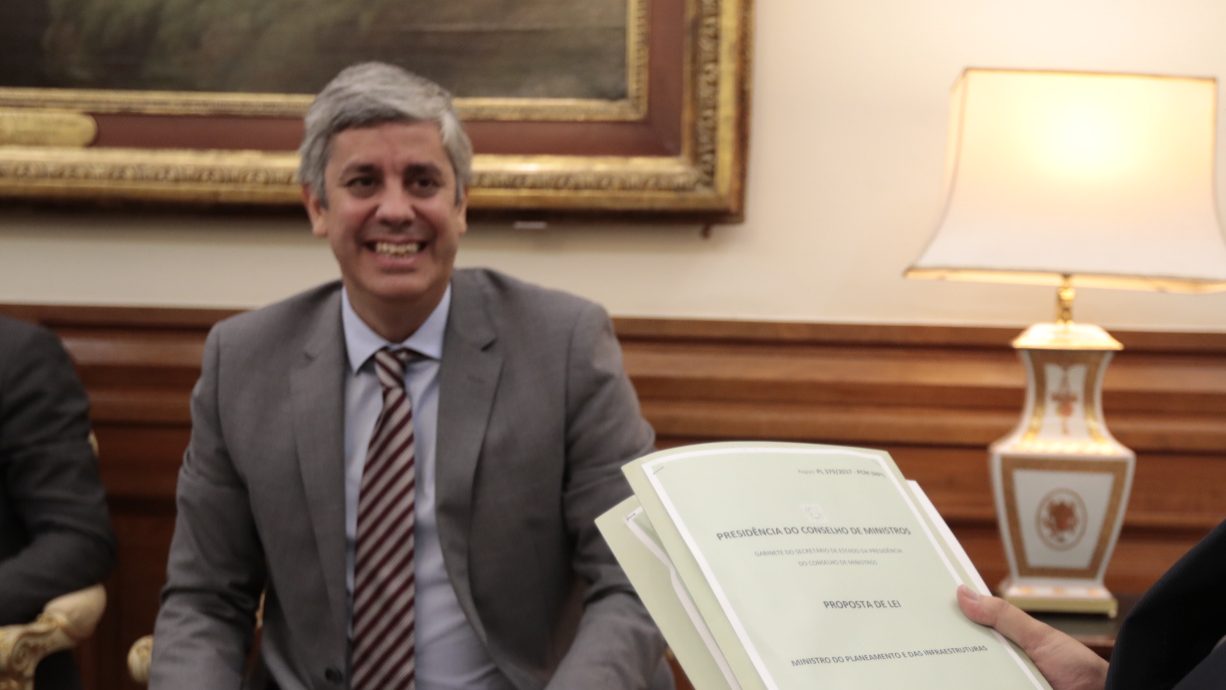Teodora Cardoso criticizes the “fragile fiscal adjustment” of the Budgetary draft
The Public Finance Council criticizes the Budgetary draft because the deficit decreases due to interests and the economic cycle, and not for structural measures.

The Portuguese government’s 2018 State Budget draft includes a fragile fiscal adjustment. The foreseen deficit reduction comes mainly from the positive contribution of the economic conjuncture, and not from structural measures. This is one of the conclusions from the report from the Public Finance Council (CFP) disclosed this Tuesday, which analyses the 2018 State Budget.
“The 2018 State Budget draft continues to be essentially committed to taking advantage of Portugal’s favorable conjuncture and to complying with the minimum essentials of the rules in order to obviate the European Commissions’ disapproval”, is stated in CFP’s overall assessment of the 2018 State Budget. The report states that the structural budget balance will benefit more from debt interests and the economic recovery than from the effect of structural measures. This strategy “compromises an adjusted correction of the economic cycle effect”, CFP states.
CFP’s technicians state that out of the 717 million euros foreseen to be reduced from the fiscal deficit in 2018, the largest contribution comes from the “favorable impact of macroeconomic effects and others”, is stated in the report.
CFP explains that the State Budget benefits from “favorable” conditions of external demand and financial markets (interests) and from the increase in the tax and contributory revenue resultant from the economic recovery to achieve a 1% deficit next year. In addition, it will gather the increase in the dividends from the Bank of Portugal (148 million euros’ financial gains). Those favorable conditions are being used to increase the investment and the “strict” components of primary expense, CFP highlights.
"The 2018 State Budget draft continues to be essentially committed to taking advantage of Portugal’s favorable conjuncture and to complying with the minimum essentials of the rules in order to obviate the European Commissions’ disapproval.”
All in all, the measures taken by the Government in the 2017 State Budget and in the 2018 State Budget have a negative impact on next year’s budgetary deficit. The same is to say that it was not the actions taken by the Finance minister Mário Centeno that lowered the 1.4% deficit in 2017 to 1% in 2018, but rather the impact of the economic activity, dividends from the Bank of Portugal and other non-identified effects.




